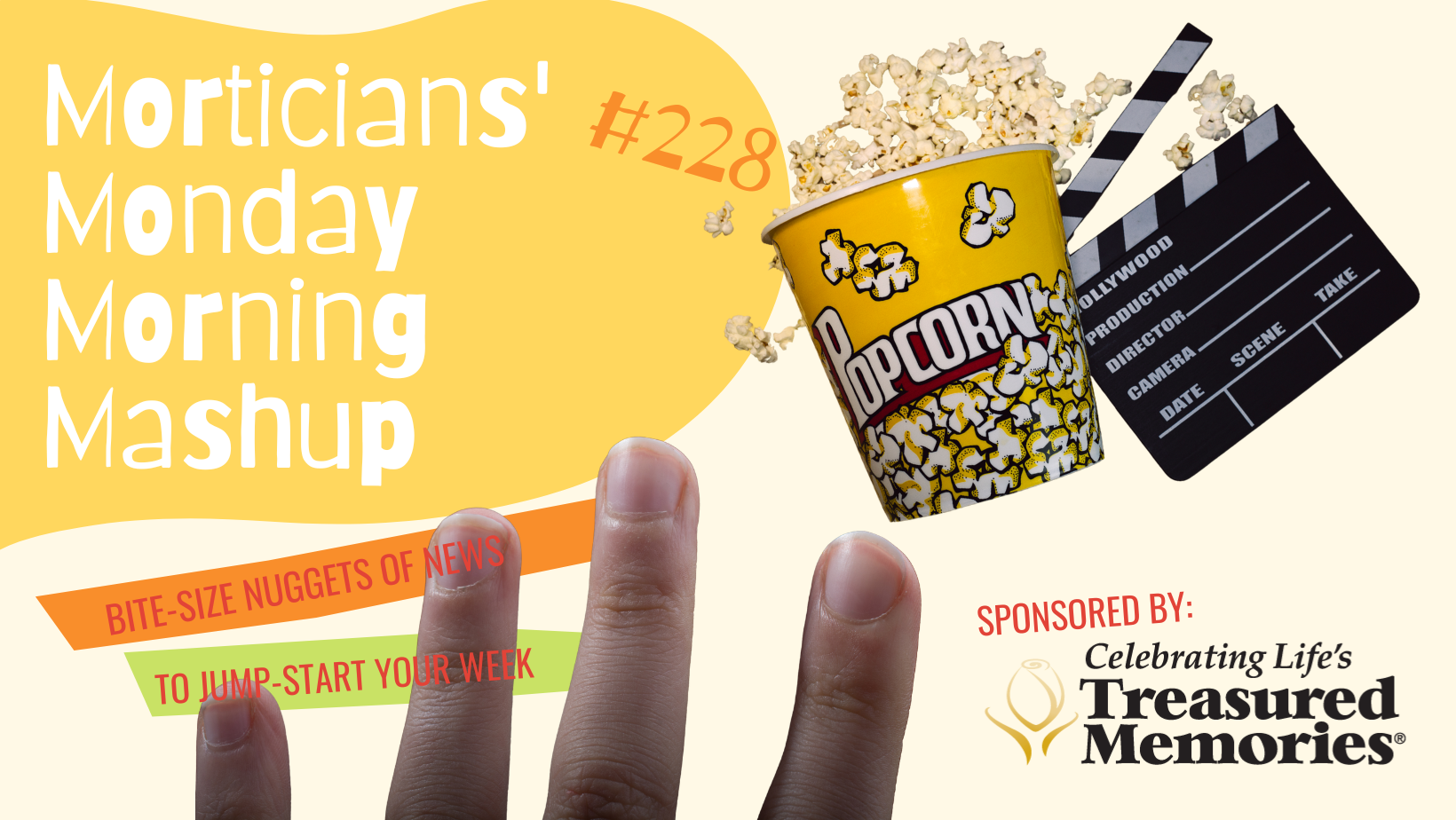Picking the Brains of the Pros: Recent Research into the Field of Death Care
The field of death care is a thriving area of formal research. Structured studies explore how the public – and the pros – are affected by (and work with) matters of death, loss, and mortality.
At this stage of the game, when it seems like so much has been said and done, particularly with the death positive movement, one might rightly inquire what, if any, er, headstones on the issue remain unturned.
What exactly does science still want to know?
While these issues have been addressed to a degree, what is wanted is often greater detail in the answers, specifically in terms of consequences to health of those affected.
Many studies seek understanding of the ways different people respond to different types of death under different circumstances. There are, of course, innumerable ways to be shaped by the deaths of others, and often our responses are unexpected… sometimes even for the most grizzled, long-in-the-tooth of the pros.
Of particular interest is the manner in which pros think about and respond to death, tragedy, loss, and mass mortality in a sustained, long-term way when it’s familiar; the psychological underpinnings, and how that translates to your biological expression (exhaustion, compassion fatigue, even inflammation and auto-immune issues.
The effects of a tragic death resulting in mass casualties isn’t going to be the same for a death care professional as it would be in a member of the public’s response, and beyond the obvious association and familiarity, why is that, exactly? After a point, are you just wired differently? (Yes.) How is the experience different? How does this experience affect one’s health? What about long term? Are such changes permanent? In what ways? How do we come to terms with the changes it can force upon us through the experience of loss and bereavement? And how does this difference influence the roles that funeral directors play, not only handling the practical matters of death in an hour of need, but in the stewardship of socially significant knowledge to a comparatively unprepared population?
These are some of the questions of recent studies.
And, technically…
When COVID-19 forced great changes into every quarter of the practice, requiring a lot of improvisation without warning, the changes imposed by the global experience introduced technologies we’re not likely to give up anytime soon. Death care tech has become synonymous with electronic memorialization, live broadcasting of services, and electronic legacies, all of which have become standard offerings for many funeral homes. The ways such technology affect our experiences of ritual, memorialization, and religious services are the subject of a growing body of research.
You can never know too much
New technologies and advancements benefit the practical aspects of death care practice in new ways every year; likewise, science has never ceased to ask big questions of the experiences of humans with the end of life. How fortunate that our understanding of the many ways death penetrates our lives is growing all the time, allowing us all greater expertise and insight into what can be unbearable experiences… an informed way to support each other through the greatest type of loss possible.




